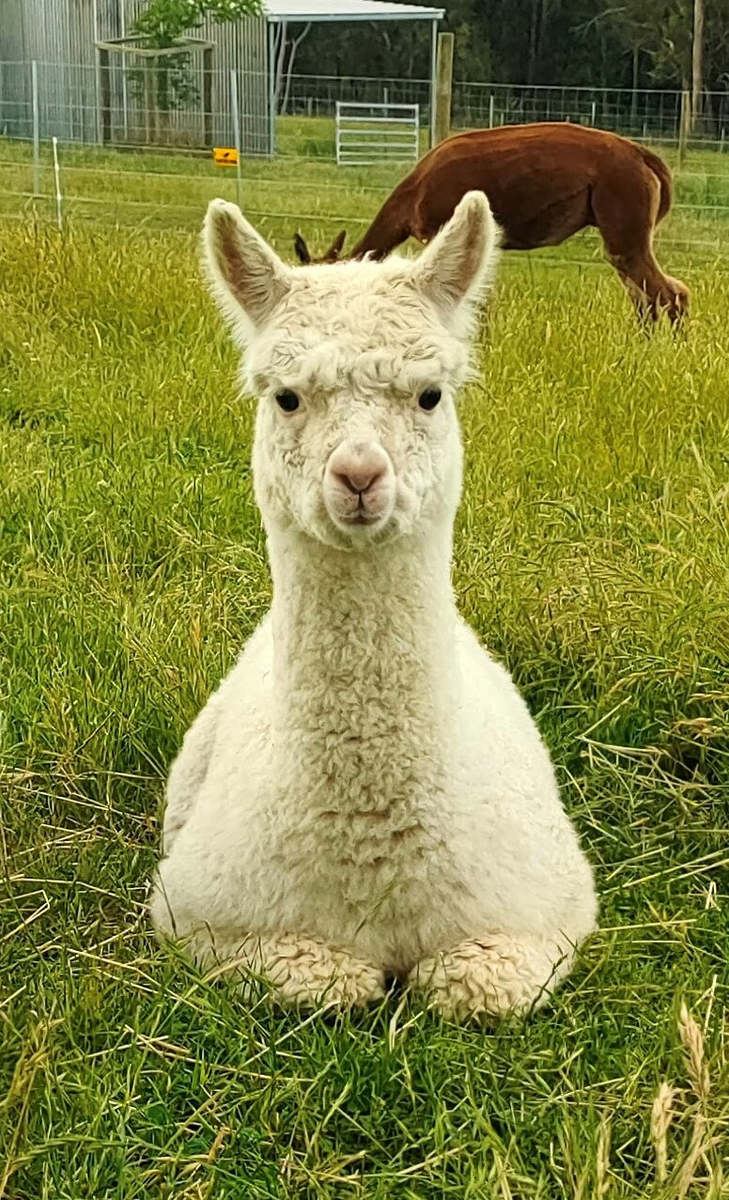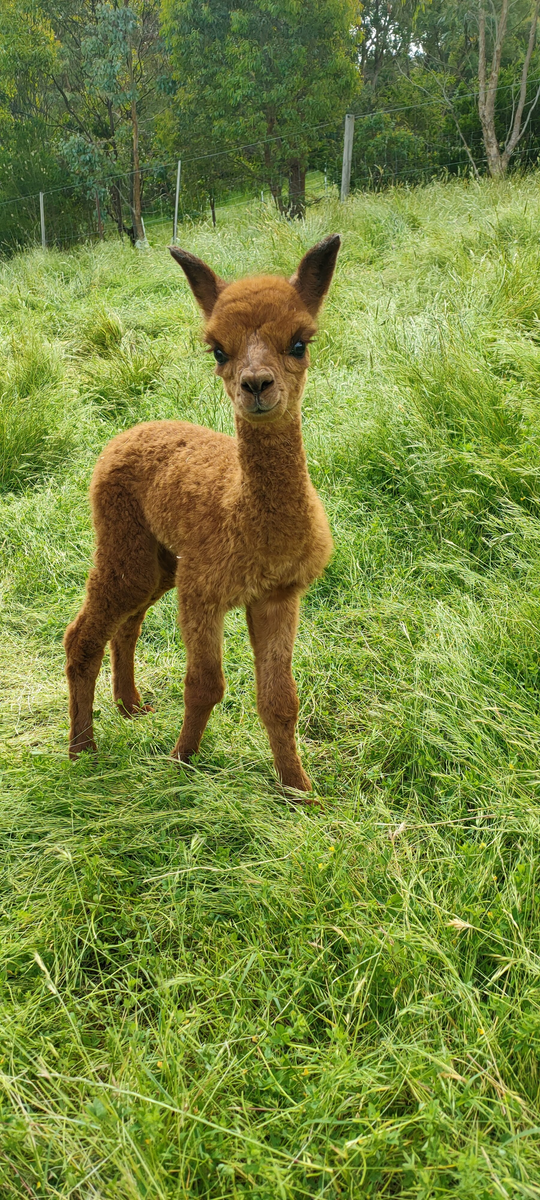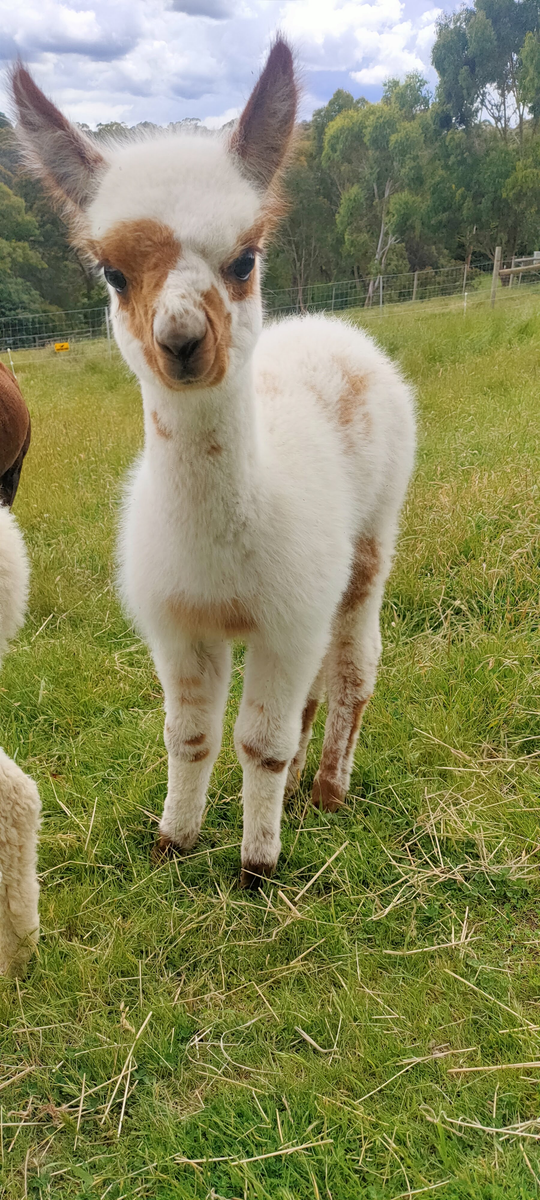Keep 'em Coming!
Rachel Burnett - Farm Assistant: a November diary from the hill.

Keep 'em Coming!
Rachel Burnett - Farm Assistant: a November diary from the hill.
Well, spring is well and truly here! Plants are growing and babies are arriving. Since the last Networks, the farm has welcomed another two baby alpacas (crias) to the world. A few hours after the big storm on Friday 29 October, Dijon safely delivered a beautiful spotty boy who has been named DonChristColl Storm Chaser. He is full of beans and loves to stir up his poor mother.
Not to be left out, Anada decided to deliver her beautiful boy 3½ weeks early just last Thursday, 18 November. Thankfully, he's fully developed, growing and gaining weight very well. He has been named DonChristColl Geppetto and is thriving under his mother’s experienced wing.






Amara Tien is now 7 weeks old and looking adorably fluffy, as is Storm Chaser. They are loving each other’s company and can often be seen charging around the paddocks at break-neck pace or biting each other’s ears in the hopes the other will want to play! Geppetto isn’t quite old enough to join in yet but is showing more interest every day and will start playing more in the next few weeks.
So why DonChristColl in front of the alpacas' names? DonChristColl is our registered stud (farm) name with the Australian Alpaca Association. When we register an alpaca, the stud name is automatically put in front of the name so the Association and other breeders know where the alpacas are born/which stud they are originally from.
In addition to all these babies being born, the older alpacas were shorn last week and can now enjoy basking in the sun again. Which means ... we have lots of fleece that needs to go! If you or anyone you know is interested in spinning, felting or stuffing for dog beds, please contact me (Rachel.burnett@donvale.vic.edu.au) There are many different colours and qualities available.
With all these arrivals, how do we keep our alpaca numbers under control so that we have plenty of pasture for all?
First, alpacas make good pets and herd guards when trained, so we often have people buying alpacas for their property. So breeding replaces alpacas that have been sold.
Second, breeding improves quality so that we get softer, finer, denser fleece to sell. Shearing is essential for alpaca welfare, so we may as well have fine fleece to use afterwards. Finally, good quality alpacas can be shown at shows which the students love to do.
But before you rush back to buy your very own Donvale alpaca, remember that alpacas are herd animals and so either need other alpacas as company or horses, sheep, goats, cattle, poultry or other livestock. They also need land and plenty of pasture to live on, so they're definitely not suitable for small backyards!